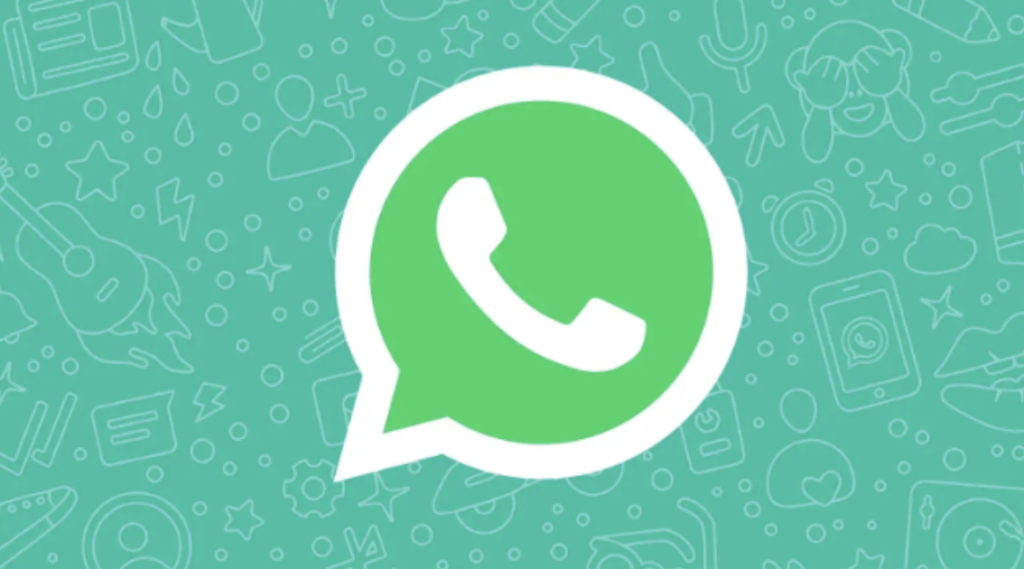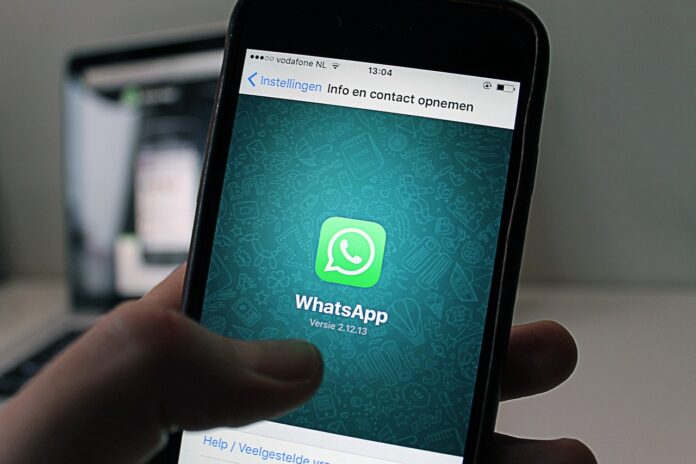WhatsApp is the most used messaging app by over 25% of the global population. While the app’s financial statements are not in the public domain, Forbes estimates the app’s revenue was at $21 billion by the first quarter of 2022. This is miles beyond revenues made by similar messaging apps like Telegram, WeChat, Snapchat, and Signal.
So, how exactly does WhatsApp make money? To answer this question, it’s important first to understand the history of WhatsApp as a business.
What is WhatsApp?
In 2009, two former Yahoo employees, Brian Acton and Jan Koum created WhatsApp as an ad-free messaging app that would keep people in touch with their friends via messaging and WhatsApp status.
Within two years, the app had made it to the top ten apps in the play store without any marketing. The founders kept adding more features to the app, such as sending photos, videos, and voice notes.
How to grow your business with WhatsApp
Due to its rapid growth, other companies started investing in the app. This made WhatsApp a very successful business, and the company became profitable. Within a few years, the app had become a threat to popular messaging apps such as Facebook and WeChat.
Enter Facebook
In 2014, Facebook bought the million-dollar messaging service to help personalize and cater to the needs of Facebook’s users and companies. At that time, the app had over 2.5 billion downloads. In 2018, both WhatsApp founders parted with Facebook after Zuckerberg announced plans to monetize the app. Since then, Facebook has made billions of dollars from WhatsApp by:
1. WhatsApp Payments
WhatsApp runs a payment method called WhatsApp Pay, similar to PayPal. Users can transfer money for free to their friends, families, and companies. It is based on UPI (Unified Payments Interface), allowing both parties to send and receive money.
Unsuspecting Kenyan women losing millions in WhatsApp, Facebook chamas
The recipient is charged a transaction fee of 3.99%. Like other money transfer apps, this app links to a connected bank account from which cash is collected or deposited. However, the service is currently only accessible to select devices in India and Brazil.
2. WhatsApp Business
In 2018, Facebook rolled out WhatsApp Business, a version of WhatsApp that allows businesses and brands to interact with customers. On the app, brands can create profiles containing their address, catalogues, merchandise, opening and closing hours, etc.
They can also enable automated responses with the customer. The chat is free if the business replies to the customer within 24 hours. Failure to do that, the business is charged for a late response. Considering that companies such as airlines have millions of customers, it’s probable that the app generates a hefty revenue.

3. Selling User Data
Most of Facebook’s revenue comes from businesses advertising on the platform. Thousands of brands pay to access Facebook’s data for targeted advertising. And Facebook gets part of the data from WhatsApp. This includes your phone number, profile picture, contact list, purchases, financial information, information about your phone, location, Ip address, etc.
Facebook uses this data to create targeted ads that cost more than normal ads. WhatsApp is practically a listening tool for Facebook. Knowing your interests and dislikes, Facebook is better positioned to target the right ads for you.
4. Click on WhatsApp ads
On Facebook and Instagram, businesses can add a ‘send message’ button to their ads, sending customers directly to a conversation on WhatsApp instead of a website. This is one of the ways leveraged by Meta to increase ad revenue. While it’s not clear how much Meta makes through this avenue, the potential for monetization remains immense.
Future Monetization
There are rumours that Meta is planning to introduce ads in WhatsApp statuses. Additionally, it is said that they plan to do business chats, where they will be charging the business, not consumers. Whatever the case, the app is ripe for additional monetization, given its immense user base.
Conclusion
As a WhatsApp user trying to understand how WhatsApp makes money, this article can be summed up in one quote: If you are not paying for the product, you are the product.











